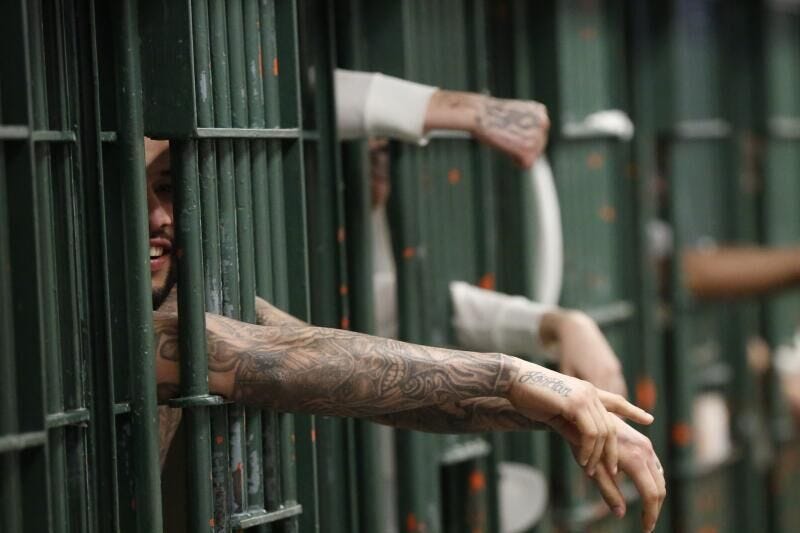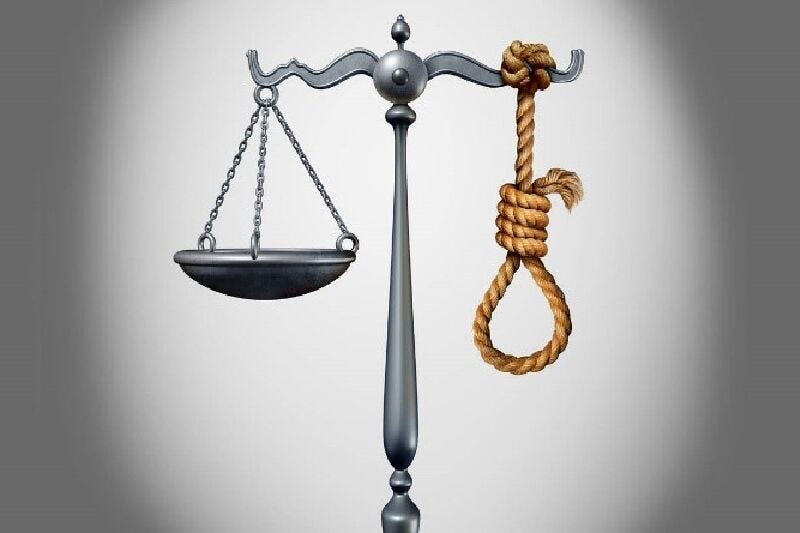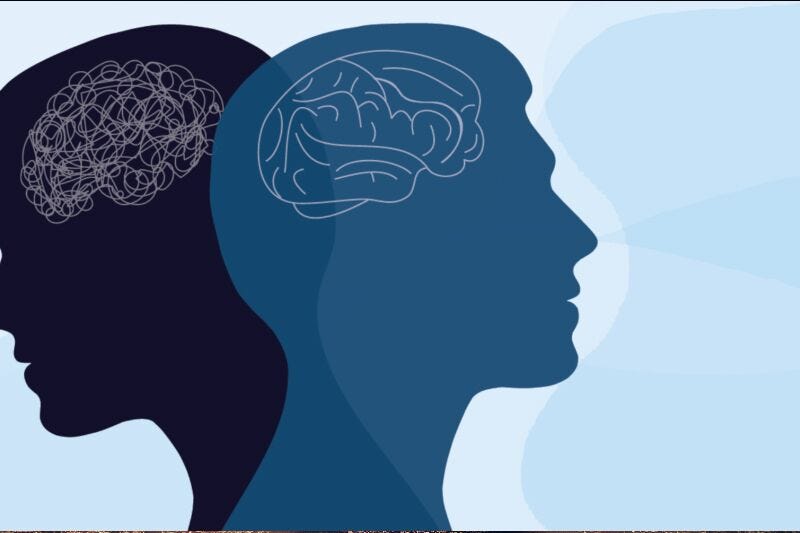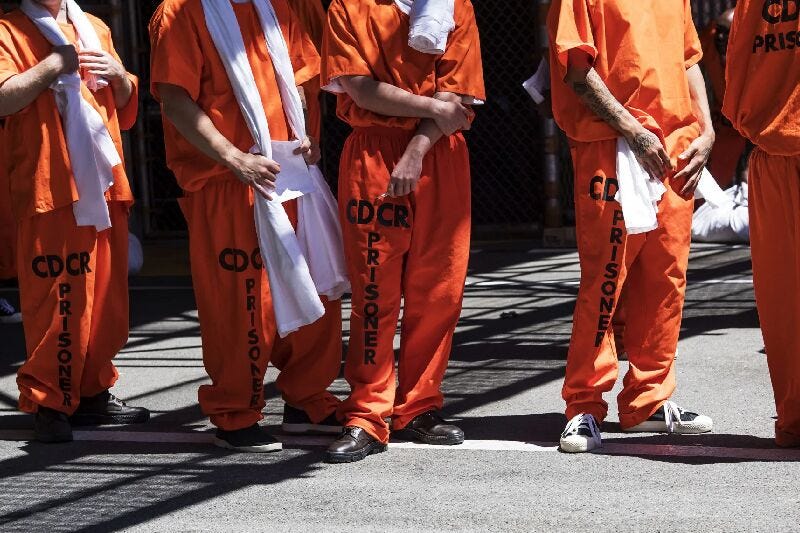Explaining 10 Reasons Why Death Penalty is Wrong
The contentious issue of the death penalty, also known as capital punishment, remains a topic of heated debate worldwide. However, as data accumulates and societal attitudes evolve, critical flaws and ethical dilemmas associated with this practice come to light.
In this post, we will explore ten compelling arguments against the death penalty, shedding light on the moral complexities that challenge its continued justification.
- Irreversible Mistakes
Despite the existence of judicial safeguards, the justice system is fallible, leading to wrongful convictions. The irreversible tragedy of executing an innocent person not only undermines the integrity of the legal system but also violates fundamental human rights.

2. Lack of Deterrence
Despite widespread belief, empirical research indicates minimal or no evidence supporting the notion that the death penalty acts as a deterrent to crime. Rather, variables such as socioeconomic status, educational attainment, and the efficacy of law enforcement are more influential in curbing criminal activities.

3. Arbitrary and Biased Application
The implementation of the death penalty frequently lacks consistency and unfairly targets marginalized communities, minorities, and individuals with lower socioeconomic status. Disparities in sentencing based on race and socioeconomic factors expose systemic injustices that erode the principle of equal justice under the law.

4. Violation of Human Rights
The imposition of capital punishment violates the fundamental human right to life, as protected by international treaties and conventions. State-sanctioned actions leading to the intentional loss of human life perpetuate a cycle of violence and diminish the intrinsic dignity and value inherent in every individual.

5. Risk of Cruel and Inhumane Treatment
Techniques of execution, including lethal injection, electrocution, and gas chambers, have faced criticism due to their capacity to cause undue pain and distress. Instances of failed executions and prolonged suffering serve as stark reminders of the inherent cruelty associated with the death penalty.

6. Disproportionate Impact on Vulnerable Groups
The death penalty has a disproportionate impact on vulnerable groups, including those with mental illness, intellectual disabilities, and histories of trauma or abuse. Such individuals may struggle to comprehend their actions fully or navigate the legal system effectively, resulting in unjust outcomes.

7. High Financial Costs
Despite common perceptions, the death penalty imposes a significant financial strain on taxpayers because of prolonged legal processes, appeals, and the expenses associated with maintaining facilities for death row inmates. Redirecting these resources towards crime prevention, victim support services, and rehabilitation initiatives would offer a more effective use of funds.

8. Failure of Rehabilitation and Redemption
The death penalty robs individuals of the chance for rehabilitation and redemption, denying them the opportunity to seek forgiveness for their actions and make positive contributions to society. Rehabilitation programs prove more effective in lowering recidivism rates and enhancing public safety.

9. International Consensus Against the Death Penalty
The worldwide movement toward abolition signifies an increasing agreement among nations that the death penalty is incompatible with contemporary society. The majority of countries have either abolished capital punishment or implemented moratoriums on executions, acknowledging it as a violation of human rights and an ineffective means of deterrence.

10. Moral and Ethical Considerations
In essence, capital punishment prompts deep moral and ethical inquiries regarding the sanctity of human life, the boundaries of governmental authority, and the tenets of fairness and compassion. Within a civilized community, punishment should prioritize rehabilitation, forgiveness, and the upholding of human dignity.
As society evolves and our understanding of justice and human rights advances, the retention of the death penalty becomes increasingly challenging. The ten arguments outlined in this piece underscore the moral incongruities and inherent flaws of capital punishment, emphasizing the urgent need to abolish it in favor of fairer and more humane alternatives.



Comments
Post a Comment